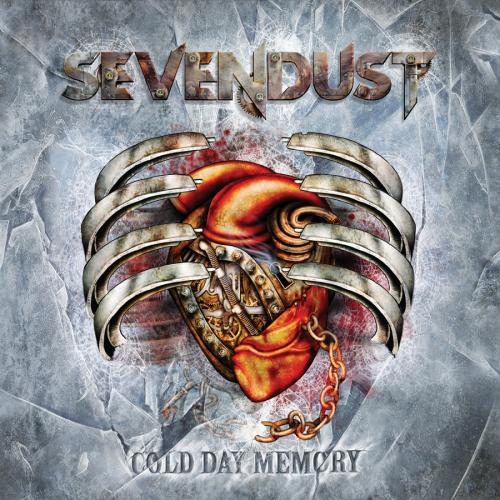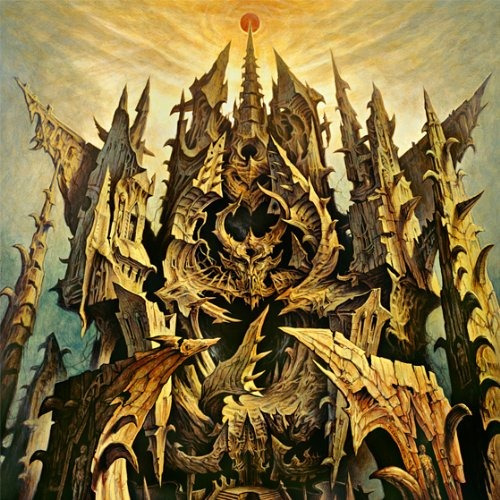| Translation Loss Records, May 25, 2010 |
Tracklist
1. Ayil
2. Je N’en Connais Pas La Fin
3. Blue Day For Croatoa
4. Release
5. Resolve
6. Renew
7. A Determinism of Morality
This entry is one in a series of ten-year retrospectives from my favorite albums of 2010. Rosetta, a band whose lead vocalist is also a high school teacher, has described their music in a tongue-in-cheek way as “metal for astronauts”. Their brand of atmospheric and slow building sludge metal does have a floating, spacey feel to it and is for a patient listener. This album stays true to their sound and has plenty of ambience and atmospheric instrumentation. As solid of an album as A Determinism of Morality is, I do feel like they could have done a little more with it, as the song tempos and vocals are pretty repetitive with the clean singing underutilized. The percussion, ambience, and sludgy rhythms are the highlight of this album and really come to the forefront on track three, “Blue Day for Croatoa”, as the vocals are dialed back. “Release” is another track that stands out with some cleans and has a slower, crushing ending.
Rosetta's 2010 release earns a score of 7/10, and is one that requires some time to absorb. "Release", "Je N’en Connais Pas La Fin", and "Blue Day For Croatoa" eventually stood out as the highlights. You have to pay close attention to the songs to detect the subtle nuances and eclecticism here as A Determinism of Morality isn’t a record that will catch on with the first listen. Rosetta may call themselves metal for astronauts, but you don’t need to be in the space program to find their music enjoyable.

:format(jpeg):mode_rgb():quality(90)/discogs-images/R-2267318-1524268802-8916.jpeg.jpg)




